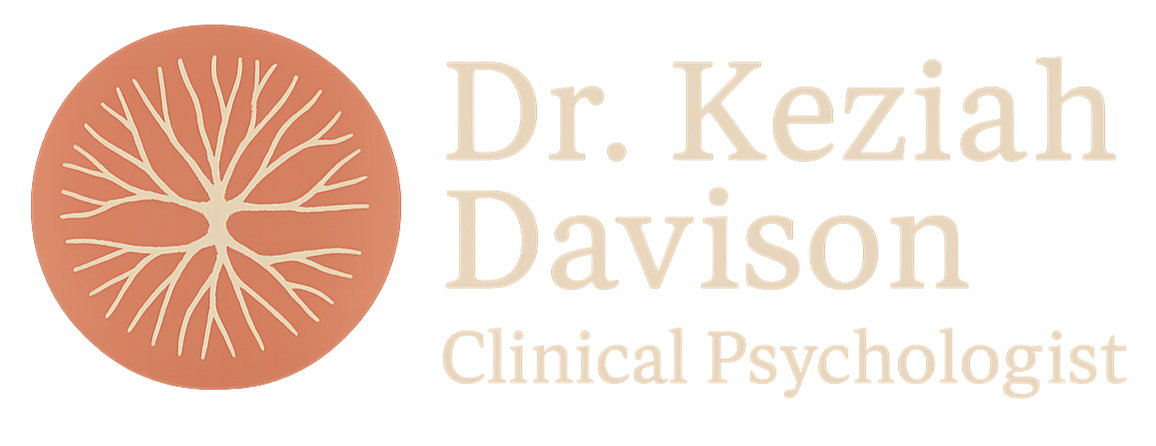Lines That Linger: Quotes That Shape My Work as a Therapist
As a therapist, words matter to me — the ones we say out loud, and those that shape us quietly from the inside. Here are a few lines that have stayed with me and shape my practice.
“Until you make the unconscious conscious, it will direct your life and you will call it fate.”
This captures the heart of psychodynamic work - the slow, courageous, sometimes uncomfortable or even painful process of recognising the patterns we’ve absorbed or inherited and choosing to work for something better. It also hints at ‘repetition compulsion’ - the human tendency toward repeating unhelpful patterns, not because we want to suffer, but because these behaviours were once our best attempt at safety or connection. Whilst these patterns remain unconscious, they remain unresolved.
“The curious paradox is that when I accept myself just as I am, then I can change.”
Despite what we may have been told, positive, lasting change doesn’t come through shame or pushing harder. It comes through compassion and honest acceptance — the kind therapy tries to make possible. It highlights the importance of unconditional positive regard in therapy — this doesn’t mean that therapists shouldn’t challenge you (we should, and most do), but that all reflections should be delivered with genuine openness, curiosity and lack of criticism. Being with another person who can tolerate your truth without flinching is one of the most healing experiences we can have.
“The body keeps the score. If the memory of trauma is encoded in the body, in heartbreaking and gut-wrenching sensations, in panic or rage, then the first step in healing is to learn to recognise and name what is going on inside.”
Research has shown that people who have had significant or repeated emotionally difficult experiences show elevated inflammatory markers (Katrinli et al, 2022); disrupted gut-brain communication (Zhen et al, 2025); and increased muscle tension and pain (Sarabzadeh et al, 2020). Our experiences shape the way we feel physically within our body as well as our mind.
The good news is that mounting evidence suggests that this imprint on the body isn’t permanent (e.g. Sudgen & Merlo, 2024). Therapeutic approaches have been shown to reduce inflammation and muscle tension, support healthy gut microbiome balance, and restore regulatory systems.
“What good therapists do with their patients is analogous to what successful parents do with their children.”
This isn’t to suggest that therapists can — or should — replace a client’s parents. Rather, it reflects the widely-accepted understanding that the therapeutic relationship can echo early attachment dynamics, often playing out at an unconscious level. Just as secure attachment with a caregiver allows a child to explore and express their authentic self, a secure relationship with a therapist can create space for healing.
Each of us carries an ‘inner child’ who longs to feel safe, seen, and soothed. When therapy offers this kind of emotional holding in a boundaried, attuned way, it can become a powerful container for working through painful patterns and experiences.
The need for secure attachment isn’t a sign of weakness or dependency — it’s a fundamental part of being human. It’s wired into our biology.
“Becoming a mother leaves no woman as it found her. It unravels her and rebuilds her. It cracks her open, takes her to her edges. It’s both beautiful and brutal, often at the same time.”
It is a rarely-disputed fact that unfortunately, our culture has become quite inept at caring for new parents (both mothers and non-birthing parents). When a baby is born, so is a mother/father, and each need to be held in their own way. Beyond the physical changes, becoming a parent reshapes identity. Roles shift, values evolve, and relationships — including the one with ourselves — are often reconfigured. Many new parents feel both overwhelming love and an aching sense of loss — of freedom, of who they once were, of certainty. Therapy offers space to hold these contradictions without shame.
“The woods are lovely, dark and deep,
But I have promises to keep,
And miles to go before I sleep,
And miles to go before I sleep.”
This poem captures the quiet tension many of us feel — the pull to linger in stillness, to retreat or escape — with the steady call of responsibilities to ourselves and others. It suggests a kind of quiet strength in choosing to keep going. Many interpret the ‘woods’ as a metaphor for the unconscious, the dream-space, or the deep inner world we long to disappear into — but ultimately must return from.
